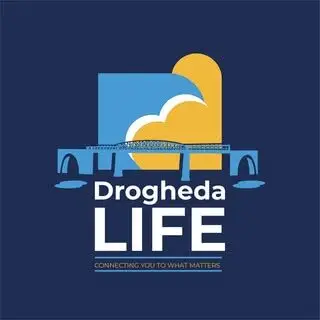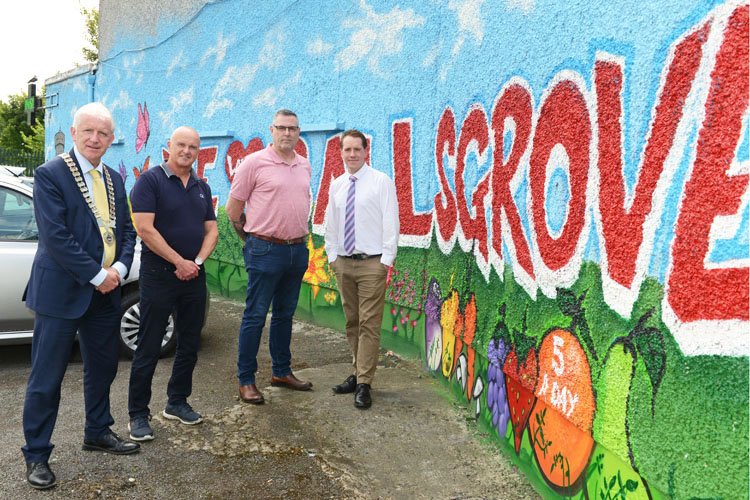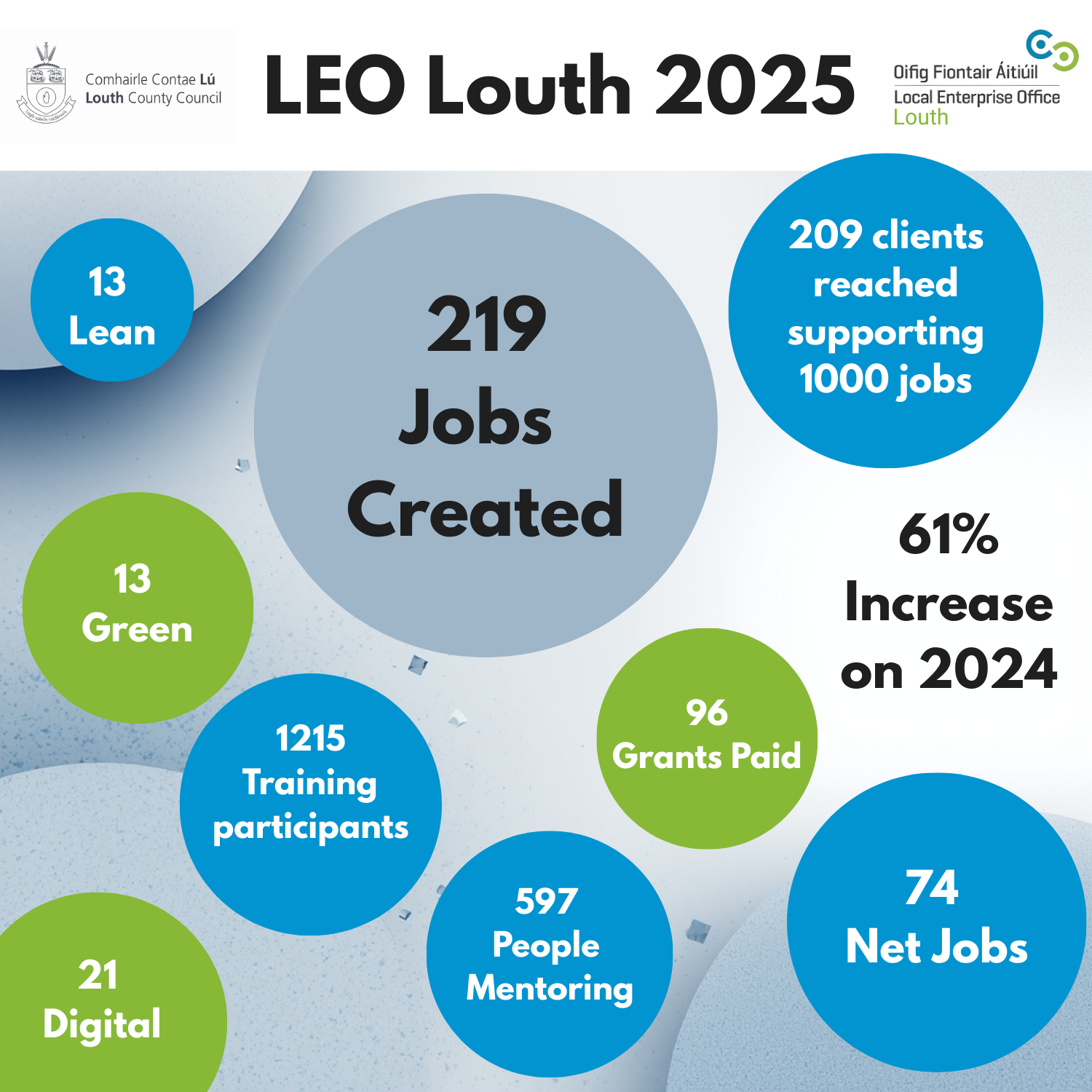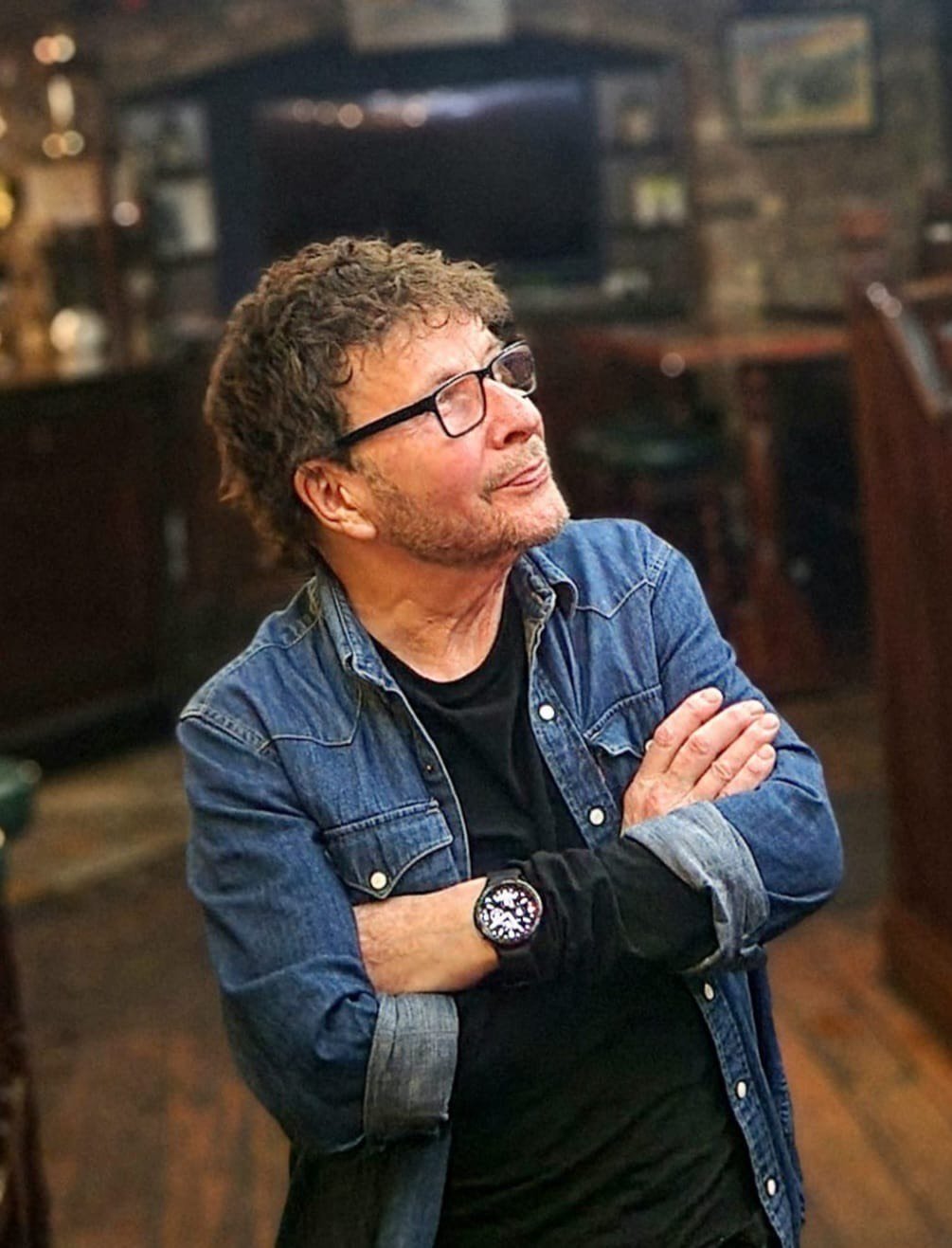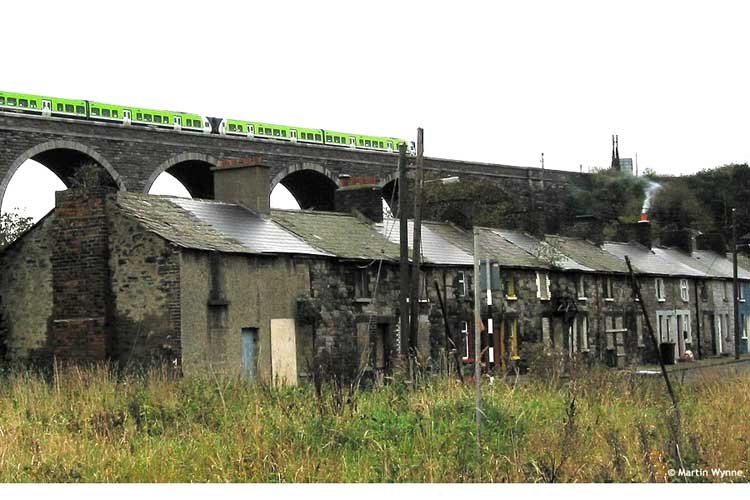‘Seriously littered’ Dundalk hits rock bottom in 40th place
Thanks to a concerted effort by many individuals, community groups and Council workers, Drogheda has shaken off the “seriously littered” tag it received in last year’s Irish Business Against Litter (IBAL) League and has been declared ‘Clean to European Norms.’
The Boyneside town has risen dramatically from 39th position out of 40 last June to 27th place in the IBAL league this year and has been deemed to be “Clean to European Norms.”
However, Dundalk, a recent winner of the league, has fallen to the bottom of the rankings and been branded as ‘seriously littered’.
An Taisce, who carry out the surveys for IBAL, said: “This positive turnaround for Drogheda – with no heavily littered sites – is thanks to the efforts of Louth County Council in tandem with community and business groups in the town.
“Experience in the IBAL surveys has shown that, once a town / city manages to get cleaner, it is much easier to stay clean – hopefully this will be the case with Drogheda” they added.
Two areas that had come in for severe criticism in recent years, the Ballsgrove Recycle Facility and Marley’s Lane, have both been awarded much higher points this year. The Ballsgrove recycling centre went from a grade D two years ago to a Grade A this year thanks mainly to some wonderful work by young members of the local community.
Marley’s Lane was “significantly cleaner” than in many previous surveys and the judges said that “not much effort is required for it to receive the top litter grade. Laurence Street, Marsh Road and West Street had also improved.
Trevor Connolly of the Love Drogheda BIDS Group told Drogheda Life that great strides had been made in the last 12 months but that the groups who had come together to improve Drogheda’s performance since last year were determined to keep the momentum going.
“Litter won’t go away on its own so we are determined to work together to create a clean and presentable town” he said.

Louth County Council staff members Phelim Floyd, Stephen Lynch, Declan Mac Mahon, Tom Slim Cunningham and Pat Savage with John McEnteggart and Tony Gallagher of Louth Local Development organisation Tús and Trevor Connolly of Love Drogheda pictured at the Ballsgrove recycle facility which improved from grade D in 2022 to grade A this year in the IBAL litter League.
Praising the efforts of groups such as, Drogheda Tidy Towns, Drogheda Chamber, Love Drogheda, TUS and other community and business groups, Mr. Connolly said that Louth County Council had really risen to the task since last year’s poor showing.
He expressed his thanks to John McEnteggart and his team of TUS workers who had carried out regular litter pick-ups throughout the year improving the appearance of some of Drogheda’s litter “black spots”.
Mr. Connolly had warm words of praise also for Engineer Declan Mac Mahon, the Louth County Council person in charge of clean-up operations in Drogheda and elsewhere in South Louth whose team had put in a huge effort during the year.
This work included power washing of town centre streets every week, cleaning and repainting signage on the approach roads, planting of flowers on bridges and hanging baskets and much more.
In their general summary of the IBAl League this year An Taisce said that PPE litter had not disappeared entirely and, while there had been a slight drop in the prevalence of alcohol cans and bottles, there was an increase in littering from coffee cups which they said backs up the need for a coffee cup levy.
There was also an increase in cigarette butt litter and, for the first time vaping devices were included as a litter type this year and were evident in 6% of sites.
“The impact of disposable vapes is twofold,” said Conor Horgan of An Taisce.” “Not only are they single-use plastic, but the lithium battery within them is an especially toxic form of litter.
“Unfortunately, as is our experience with coffee cups, consumers tend to opt for the convenience of the disposable product. In striving for a circular economy, the case for banning them is a strong one.”
